Language
WORLDWIDE SHIPPING
Julienne Cutter
€28.00
€22.95
Availability:
In stock
Perfect julienne strips – easier and quicker than ever.
13 vacuum hardened cutting edges give you smooth, precise vegetable strips.
Whether you are stir-frying in the wok, want decorative vegetable side dishes or need a garnish, now you can cut really thin and even vegetable sticks to rival the professionals. Carrots, celery, cucumbers, peppers or courgettes: the blades, made from rust-proof molybdenum steel, glide through every vegetable with the minimum of effort. Much quicker and easier than ever before. The ergonomically shaped plastic handle is a pleasure to hold. You can work without fear of the blade slipping and your hand won't get tired. You will achieve sophisticated vegetable strips more precisely than with any knife. Measures 6.5 x 17.5 x 1.5cm, weighs 46g. Dishwasher safe. This new julienne cutter from Giesser, Germany, received the “Red dot design award” in 2003.
13 vacuum hardened cutting edges give you smooth, precise vegetable strips.
Whether you are stir-frying in the wok, want decorative vegetable side dishes or need a garnish, now you can cut really thin and even vegetable sticks to rival the professionals. Carrots, celery, cucumbers, peppers or courgettes: the blades, made from rust-proof molybdenum steel, glide through every vegetable with the minimum of effort. Much quicker and easier than ever before. The ergonomically shaped plastic handle is a pleasure to hold. You can work without fear of the blade slipping and your hand won't get tired. You will achieve sophisticated vegetable strips more precisely than with any knife. Measures 6.5 x 17.5 x 1.5cm, weighs 46g. Dishwasher safe. This new julienne cutter from Giesser, Germany, received the “Red dot design award” in 2003.
FAQs

 IT
IT FR
FR
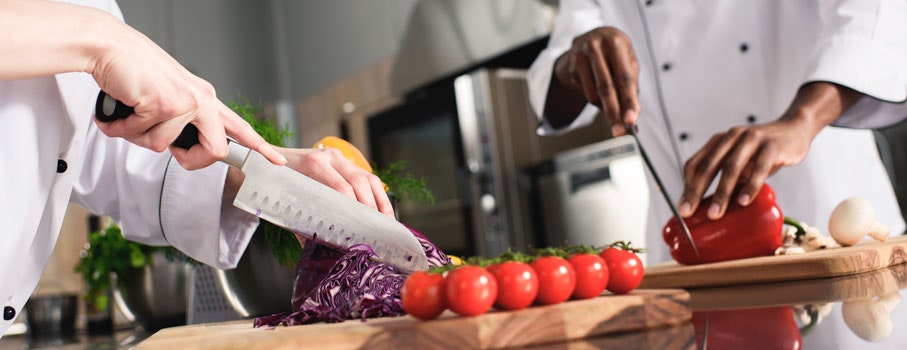
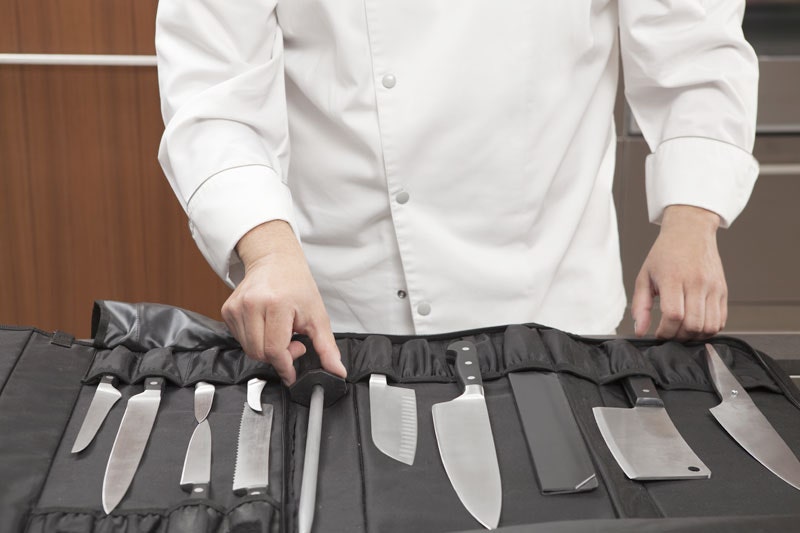
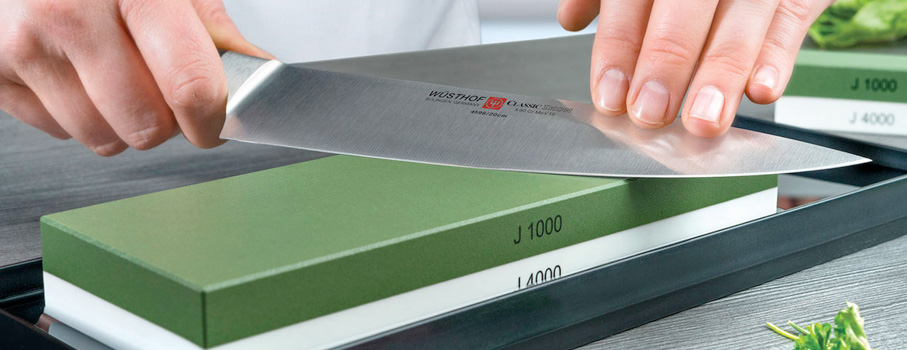
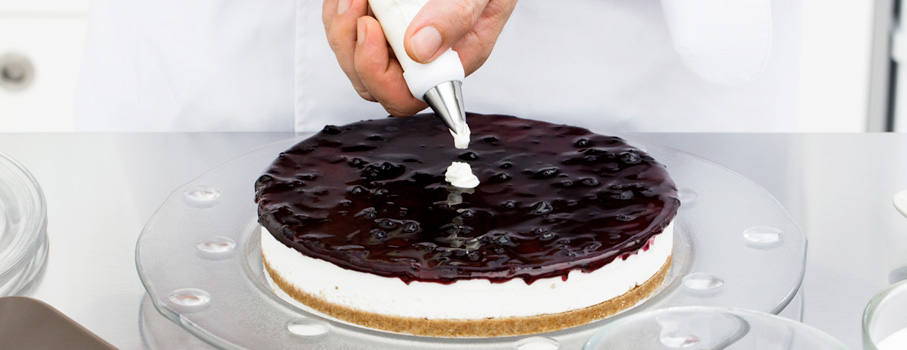

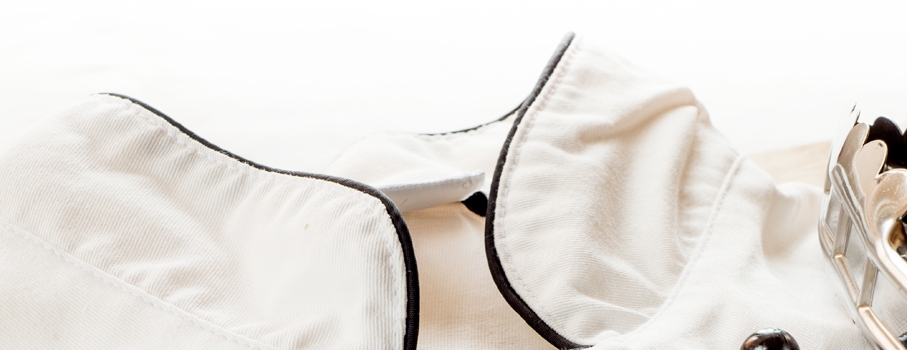
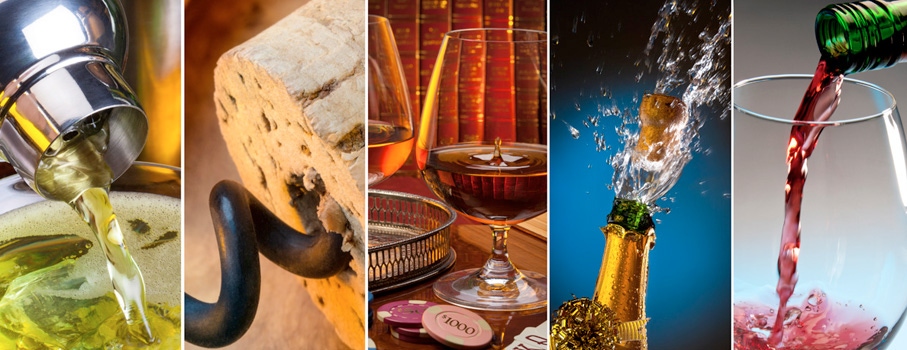
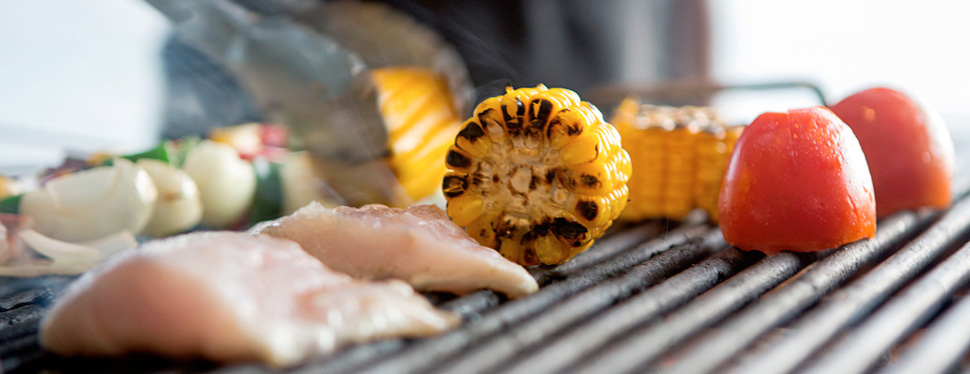

 IT
IT FR
FR
